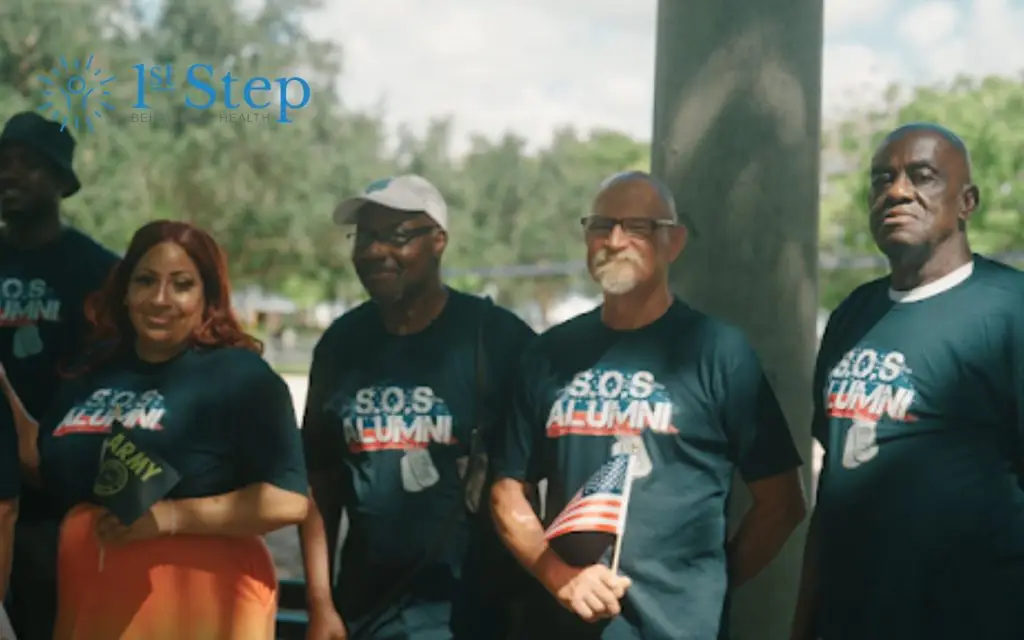Trauma, post-traumatic stress disorder (PTSD), and addiction are closely linked, as people often turn to substances to cope with the emotional and physical distress that can arise from traumatic experiences. In general population surveys, researchers found that up to 75% of people with a substance use disorder have experienced trauma at some point in their lives.
Individuals suffering from trauma and substance abuse issues often find it difficult to manage symptoms alone and may feel trapped in a cycle of addiction and emotional pain. Seeking treatment in a supportive, trauma-informed environment can help break this cycle.
Understanding the Relationship Between Trauma, PTSD, and Addiction
Trauma involves experiencing events that are deeply distressing or disturbing, such as abuse, accidents, natural disasters, or violence. For many, trauma leaves lasting emotional scars that can make everyday life challenging.
PTSD is a mental health condition that can develop after experiencing or witnessing a traumatic event. Symptoms of PTSD include flashbacks, severe anxiety, nightmares, and emotional numbness. These symptoms can feel overwhelming, making it hard to manage daily life.
To cope with the intense feelings trauma can cause—like fear, anxiety, or shame—some people turn to substances to numb the pain or escape difficult emotions. This coping mechanism can lead to dependency, creating a cycle that’s hard to break.
While substances can provide temporary relief, they often lead to addiction over time, as people rely on them more frequently to manage their PTSD symptoms.
Challenges in Treating PTSD and Addiction
Trauma, PTSD, and addiction all impact the brain’s reward and stress systems. Trauma can make the brain more sensitive to stress, leading to heightened anxiety and emotional reactivity. Addiction further disrupts the brain’s natural balance, altering reward pathways and making the person more prone to using substances as a coping mechanism.
These shared brain changes make it harder for someone with PTSD or trauma to stop using substances once they’ve started, as their brain may strongly associate substance use with relief from emotional pain. Up to 42.5% of patients in inpatient substance abuse treatment centers also have PTSD.
People with both PTSD and addiction—known as a dual diagnosis—often need specialized treatment to address both conditions simultaneously. Treating addiction alone without addressing trauma can lead to relapse, as unresolved trauma may trigger a return to substance use.
What to Expect When Getting Treatment for Trauma and Substance Abuse
Treatment for substance use disorder typically begins with detox to ensure a safe and comfortable withdrawal process. After detox, individuals begin comprehensive treatment.
In an integrated treatment approach, individuals receive support for both PTSD and addiction. This approach may include:
- Cognitive behavioral therapy (CBT) – CBT helps individuals identify and change negative thought patterns and behaviors linked to addiction, replacing them with healthier, more constructive habits.
- Eye movement desensitization and reprocessing (EMDR) – EMDR uses guided eye movements and other sensory techniques to help people process traumatic memories and reduce their emotional impact.
- Accelerated resolution therapy (ART) – ART combines eye movements and visualization to help individuals quickly reframe distressing memories and reduce trauma-related symptoms.
- Group counseling sessions – Group sessions provide a supportive environment where individuals can share experiences, gain insights, and build connections with others going through similar challenges in recovery.
Before leaving rehab, clients should work with their therapist to create an aftercare plan. Aftercare may include sober living, outpatient rehab, 12-step meetings, and medication management.
Trauma-Informed Care at First Step Behavioral Health
At First Step Behavioral Health, we understand the unique relationship between trauma and addiction as well as the needs that come with those who struggle with it. We take a trauma-informed approach to treatment, providing a safe, compassionate environment where individuals can heal from both substance use and past trauma.
Our team is trained to recognize the effects of trauma and to create a supportive atmosphere that minimizes re-traumatization, allowing clients to engage fully in their recovery. We offer personalized treatment plans that address both addiction and trauma, helping clients build resilience, develop healthy coping skills, and restore confidence.
Find Treatment for Trauma, PTSD, and Addiction in Florida
While the relationship between trauma, PTSD, and addiction is complex, recovery is possible. Through evidence-based therapies and comprehensive care, First Step Behavioral Health empowers clients to move beyond their past and build a sober, healthy life. To learn more about our South Florida treatment center or to get started with a confidential, risk-free assessment, please contact us today!
References:
- National Institute of Health (NIH): Childhood trauma among individuals with co-morbid substance use and post traumatic stress disorder
- Psychiatry Online: Substance Use Disorders in Patients With Posttraumatic Stress Disorder: A Review of the Literature
- Frontiers in Psychiatry: The Impact of Co-occurring Post-traumatic Stress Disorder and Substance Use Disorders on Craving: A Systematic Review of the Literature
Jump to a Section
Call (855) 425-4846
